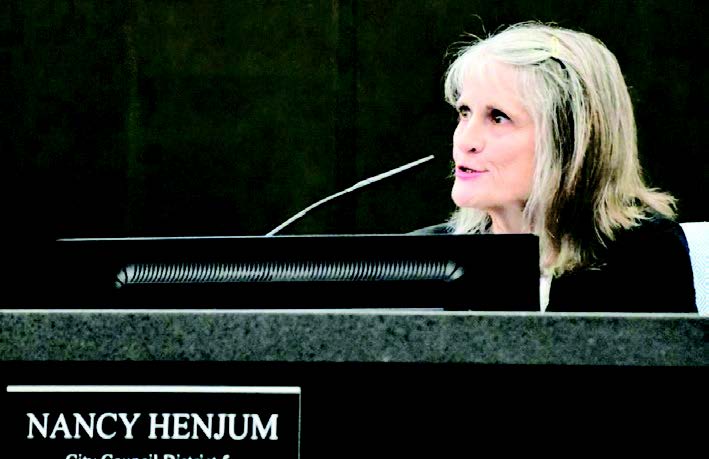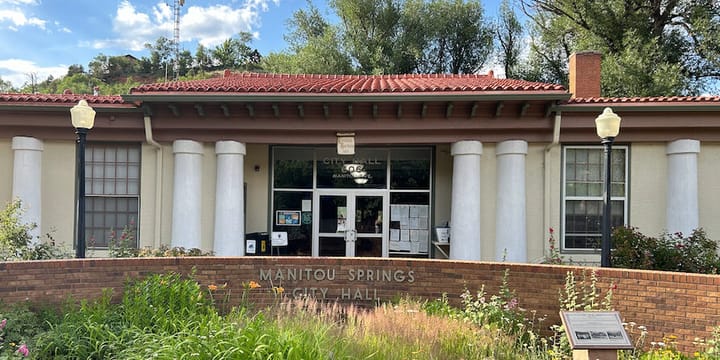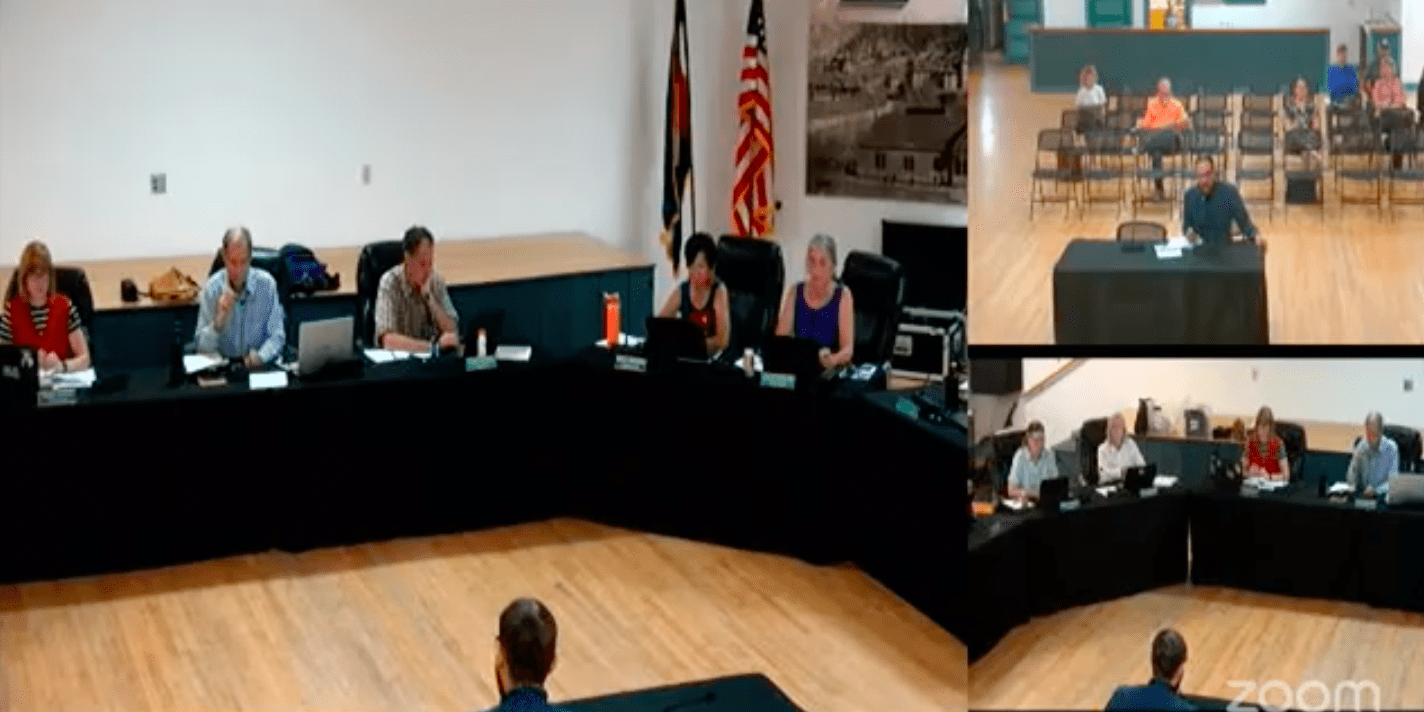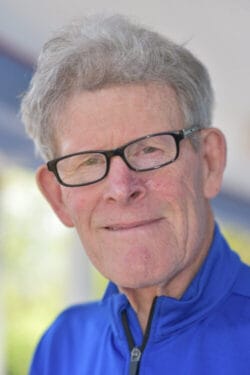Another COS City Council meeting, another recreational marijuana debate

Marijuana is still a, shall we say, burning issue for the Colorado Springs City Council.
For months, debate in Council has covered everything from whether recreational weed should be sold in the city, to who should sell it, how far should they be from places frequented by kids and people with substance use disorders, to whether voters understood the citizens' initiative that voters passed in November in favor of recreational marijuana sales in the city.
Council attempted to put a question on the April 2025 ballot to repeal the voter-approved measure to allow recreational marijuana sales, prompting a lawsuit against the City. That lawsuit went all the way to the Colorado Supreme Court; City Council lost because of a rule in the state constitution that says local ballot measures seeking to prohibit the operation of licensed recreational marijuana businesses, including stores, "must only appear on a general election ballot during an even numbered year."
Recreational marijuana sales in Colorado Springs started in April. About $2 million are expected to be generated for the City through rec sales in the first year. The citizens' initiative specified that the money should be spent on three overlapping programs: public safety, mental health services, and treatments for veterans with post-traumatic stress disorder, or PTSD.
But in June, Council put an ordinance on the consent calendar that authorized it to "solicit and review applications for grants to be made from the special fund," i.e. the money generated by the sales tax on marijuana, and "make recommendations to the Mayor" for disbursement of the marijuana revenues.
The consent calendar exists to save time and streamline decision-making by grouping "non-controversial items" together for a single vote, without discussion. The ordinance about pot money proposed that the City would "enter into a contract or contracts with an established nonprofit organization or agency in the local area which provides public safety programs, mental health services, or post-traumatic stress disorder treatment programs for veterans" to receive the pot money. Those are the same categories as in the citizens' initiative.
But when the ordinance was put on the consent calendar, District 5 Councilor Nancy Henjum was out of town.
At the July 8 meeting, Henjum asked the City lawyer to confirm that "this ordinance doesn't authorize us to do anything that we can't and don't already do as Council."
"I think, fundamentally, that's correct," Attorney Ben Bollinger said. "If Council wants to make a budget recommendation to the mayor, they can make it."
However, he added, the ordinance "creates a more formalized process for Council to accept, sort of, an application [for funding]. Because it's not a binding decision but council does make a decision about which of those three categories to specify - public safety, [PTSD] or mental health services."
Councilors are already empowered to do that, Henjum said. "The ordinance isn't really necessary to provide us the opportunity to do something that we can already do."

As Council wrangled over whether they would be giving themselves powers they already have, members of the audience said the City is in dire need of programs to improve public safety, mental health care and services for veterans with PTSD - and money for them.
"I have to walk staff out in the daytime, so they are safe," said Joe Campana, who said he owns 10 restaurants and employs around 200 workers in Colorado Springs. "We used to do that at night and now it has to be in the day."

"I do $20 million in sales a year. I paid $2 million in sales tax last year. I recently had to close [a restaurant] downtown" because of unhoused people causing potential diners to avoid the establishment, he said.
"People won't sit on my patios anymore because of the homeless. I'm at the end of my rope," Campana said.
Beth Roalstad, CEO of Homeward Pikes Peak, called for the weed revenue to be used to provide behavioral health services, which address issues like homelessness.
Homeward Pikes Peak's mission statement - to help provide stable housing and mental health services, and help people achieve sobriety and economic stability - illustrates how intertwined homelessness, mental health and PTSD can be.
Among those served by Homeward Pikes Peak are veterans. PTSD and substance abuse often co-occur in veterans and, according to a study published by the Cambridge University Press in 2022, homeless veterans are more likely to have PTSD, substance use disorders, and mental illness.
The ordinance debated in Council on July 8 wasn't looking to solve the problems downtown, but to set up the process to decide who marijuana money should go to.
It passed 6-3. Dave Donelson (District 1), Kimberly Gold (District 4), and Henjum voted against the ordinance, with Gold saying it created "governmental red tape when the voters have already decided where the money should go."
Donelson questioned whether Council should introduce a new process for choosing who gets marijuana money, or continue to "do it the way we do it now: make the recommendation to the mayor … that we we put in the budget X amount of dollars" for programs.
And Henjum said the City Council would continue to "collaborate with the administration on the best use of the designated recreational marijuana funds," with or without the ordinance.
"It doesn't hurt anything to have it, but the ordinance doesn't really help anything, either," she told the Pikes Peak Bulletin.



